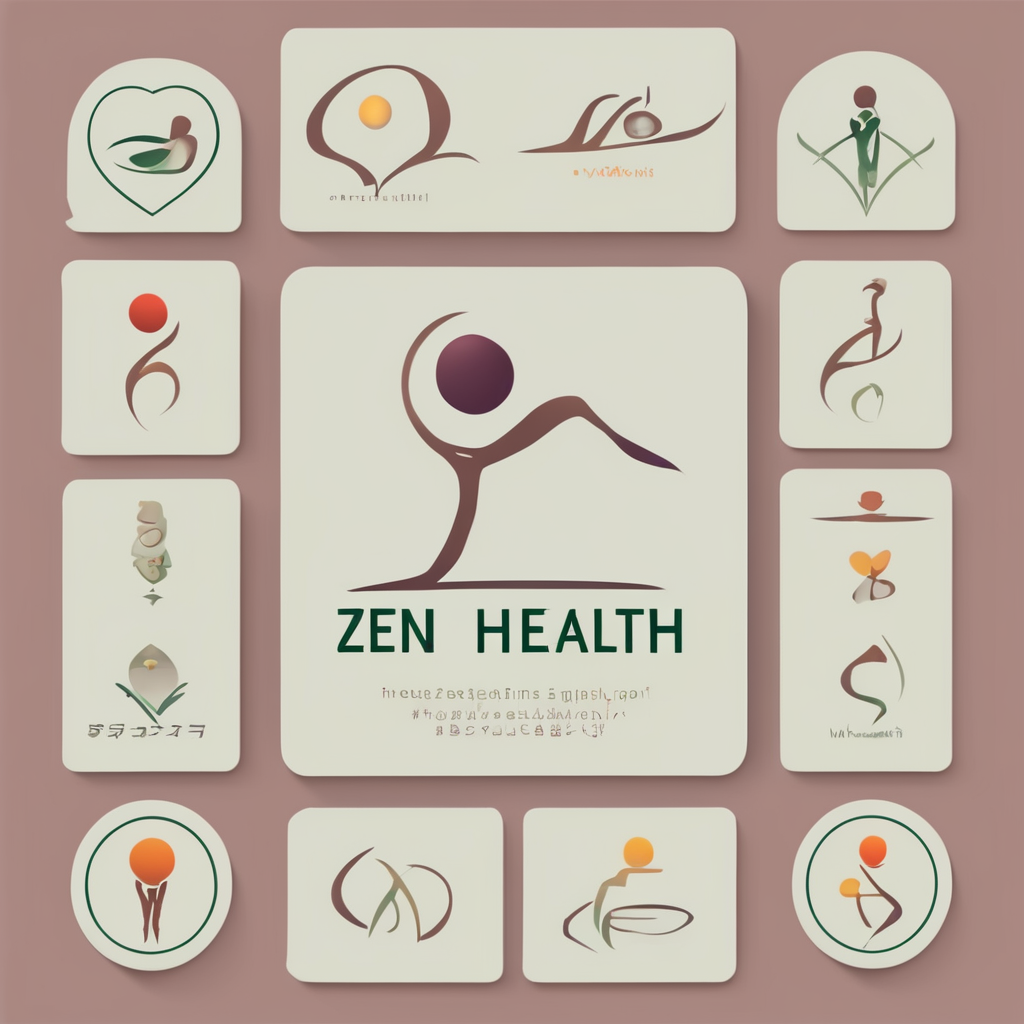Effective Strategies for Managing Stress During Pregnancy: Your Comprehensive Guide
Pregnancy is a transformative and often overwhelming period in a woman’s life, marked by significant physical, emotional, and psychological changes. Managing stress during this time is crucial for both the mother’s and the baby’s well-being. Here, we will delve into the various strategies that can help pregnant women navigate the challenges of pregnancy, ensuring a healthier and more positive experience.
Understanding the Sources of Stress During Pregnancy
Pregnancy is a complex interplay of hormonal, physical, and emotional changes that can be a source of significant stress. Here are some key factors that contribute to stress during this period:
Additional reading : What practical strategies can you implement to maintain motivation for long-term health and wellness goals?
Hormonal Changes
The surge in hormones such as estrogen and progesterone can affect mood and anxiety levels. These hormonal fluctuations are a natural part of pregnancy but can lead to mood swings, anxiety, and depression.
Physical Changes
Morning sickness, which affects more than 50% of pregnant women, is a common source of discomfort and stress. It typically starts around the 6th week of pregnancy and can persist until the 12th week or even longer in some cases.
Topic to read : How can incorporating regular breaks into your workday enhance productivity and reduce stress levels?
Anxiety and Concerns
Concerns about the baby’s health, the delivery experience, and financial burdens are common anxiety triggers. Educating oneself about labor and delivery and building a supportive network can help alleviate some of these anxieties.
Managing Anxiety During Pregnancy
Anxiety is a prevalent mental health issue during pregnancy, and there are several effective strategies to manage it.
Deep Breathing Exercises and Progressive Muscle Relaxation
These techniques help in reducing stress and anxiety by promoting relaxation. Deep breathing exercises involve slow, deliberate breaths that calm the mind and body, while progressive muscle relaxation involves tensing and relaxing different muscle groups to release physical tension.
Mindfulness Meditation and Prenatal Yoga
Mindfulness meditation and prenatal yoga are excellent ways to manage anxiety. These practices focus on the present moment, helping to reduce worries about the future or past. Prenatal yoga also provides physical benefits, such as improved flexibility and strength, which are essential during pregnancy.
Journaling
Writing down your thoughts and feelings can be a therapeutic way to process emotions. Journaling helps in identifying patterns of anxiety and can serve as a tool for self-reflection and stress management.
The Role of Physical Health in Mental Well-being
Maintaining good physical health is crucial for mental well-being during pregnancy.
Regular Exercise
Engaging in regular physical activity before and during pregnancy can help regulate blood sugar levels, reduce the risk of gestational diabetes, and improve overall mental health. Activities such as walking, swimming, and prenatal yoga are highly recommended.
Balanced Diet
Eating a well-balanced diet rich in whole foods, lean proteins, and fresh fruits and vegetables is essential. A diet low in sugars and high in fiber helps regulate blood glucose levels and supports overall health.
Balancing Work and Pregnancy
Balancing work and pregnancy can be challenging, but there are several strategies to make it more manageable.
Communication with Your Employer
Discussing your pregnancy with your employer and colleagues is vital. Requesting necessary accommodations, such as avoiding heavy lifting or exposure to harmful chemicals, can help ensure a safe and healthy work environment.
Listening to Your Body
It is crucial to listen to your body and avoid pushing beyond your limits. If a work task causes discomfort or pain, address it promptly. Rest, nutrition, and stress management are essential during this time.
Seeking Support and Care
Seeking support from family, friends, and healthcare providers is essential for managing stress during pregnancy.
Support Groups and Therapy
Joining support groups or attending therapy sessions can provide a safe space to discuss feelings and concerns. These resources can help manage anxiety, depression, and other mental health issues that may arise during pregnancy.
Healthcare Providers
Regular check-ups with healthcare providers are critical for monitoring both the mother’s and the baby’s health. Early detection of health problems, such as gestational diabetes, can lead to timely interventions and better outcomes.
Practical Tips for Managing Stress
Here are some practical tips to help manage stress during pregnancy:
- Invest in Comfortable Maternity Wear: Feeling good in your clothes can positively impact your self-image and confidence.
- Educate Yourself: Knowing what to expect during labor and delivery can reduce anxiety and empower you to make informed decisions.
- Build a Supportive Network: Sharing your experiences with other pregnant individuals through online forums or prenatal classes can provide emotional support and a sense of community.
Table: Comparing Strategies for Managing Stress During Pregnancy
| Strategy | Description | Benefits |
|---|---|---|
| Deep Breathing Exercises | Slow, deliberate breaths to calm the mind and body. | Reduces stress and anxiety, promotes relaxation. |
| Progressive Muscle Relaxation | Tensing and relaxing different muscle groups. | Releases physical tension, reduces anxiety. |
| Mindfulness Meditation | Focuses on the present moment to reduce worries. | Reduces anxiety, improves mental clarity. |
| Prenatal Yoga | Combines physical postures, breathing techniques, and meditation. | Improves flexibility, strength, and mental well-being. |
| Journaling | Writing down thoughts and feelings to process emotions. | Helps identify patterns of anxiety, serves as a tool for self-reflection. |
| Regular Exercise | Engaging in physical activity to regulate blood sugar levels and improve health. | Reduces risk of gestational diabetes, improves mental health. |
| Balanced Diet | Eating a diet rich in whole foods, lean proteins, and fresh fruits and vegetables. | Regulates blood glucose levels, supports overall health. |
| Support Groups and Therapy | Joining groups or attending therapy sessions to discuss feelings and concerns. | Provides emotional support, helps manage anxiety and depression. |
Quotes from Experts and Pregnant Women
- “Good physical well-being is important for emotional well-being. Regular exercise and a nutritious diet can help diminish negative feelings and encourage positive ones.”
- “Mindfulness and relaxation techniques such as meditation, deep breathing exercises, and yoga can help manage anxiety during pregnancy.”
- “Educating yourself about labor and delivery can reduce anxiety and empower you to make informed decisions.”
Managing stress during pregnancy is a multifaceted challenge that requires a holistic approach. By incorporating physical activity, a balanced diet, mindfulness practices, and seeking support from healthcare providers and support groups, pregnant women can better navigate the emotional and physical changes associated with pregnancy. Remember, prioritizing your health and your baby’s well-being should always be your top priority.
In the words of a pregnant woman who managed her stress effectively: “I found that joining a prenatal yoga class not only helped me physically but also provided a sense of community and support. It was a game-changer for my mental health during pregnancy.”
By embracing these strategies and seeking the right support, you can ensure a healthier, happier pregnancy journey.











